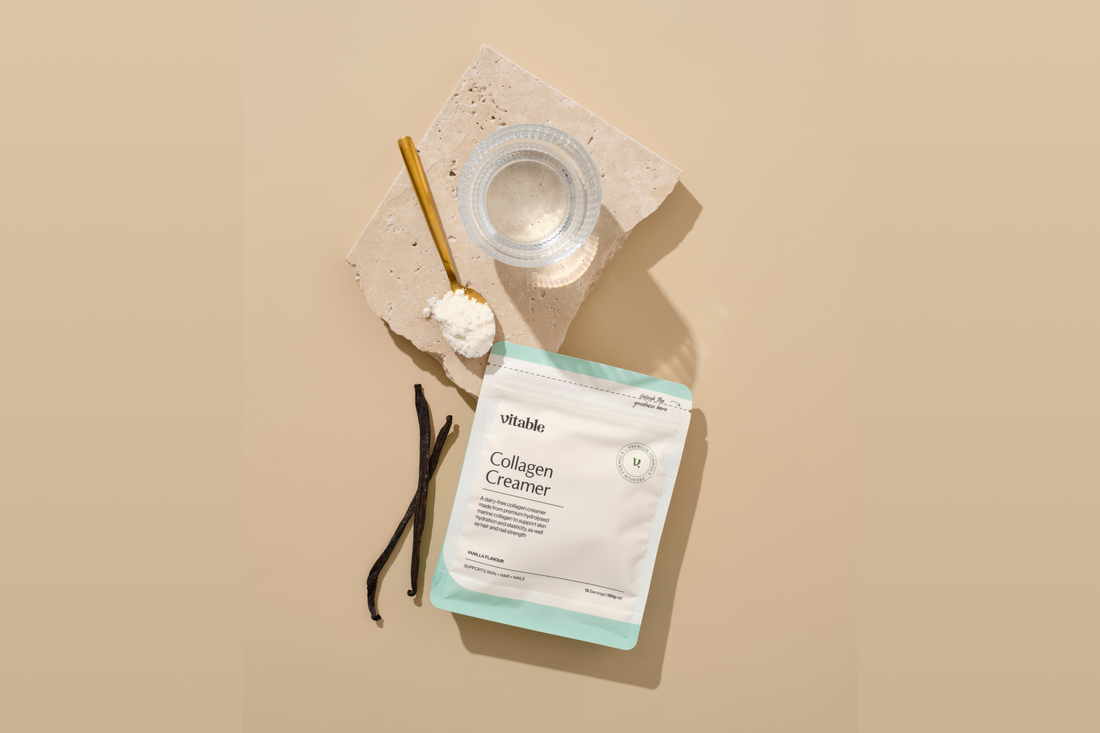Milk Thistle (Silybum marianum) has been used for centuries in traditional medicine, particularly for its liver-supporting properties.
Native to the Mediterranean, this ancient herb has long been valued for its ability to protect the liver from toxins and aid digestion. The key active compound, silymarin, is renowned for its antioxidant and anti-inflammatory effects. Today, milk thistle is widely recognised for promoting liver health and detoxification.
Liver Health
- Milk thistle (silybum marianum) acts as a hepatoprotectant to help protect the liver from toxic elements and provides antioxidant activity to reduce free radicals in the body (Achufusi 2024).
- Silymarin, the primary active ingredient in Milk Thistle, stimulates the production and outflow of bile, which contributes to the normalisation of liver and gallbladder function (Achufusi 2024).
Digestion
- Milk thistle stimulates bile production, which is essential for breaking down fats and improving the digestion of fatty meals. By supporting bile flow, it can alleviate common digestive symptoms such as bloating, gas, and indigestion (Gillessen & Schmidt 2020).
- A 2021 study demonstrated that milk thistle supplementation improved liver function in individuals with non-alcoholic fatty liver disease. The findings suggest that milk thistle may help reduce liver inflammation and prevent liver damage in this population.
References
- Achufusi, T.G.O. 2024. Milk thistle, StatPearls [Internet]. Available at: https://www.ncbi.nlm.nih.gov/books/NBK541075/ (Accessed: 18 October 2024)
- Gillessen, A., Schmidt, H.HJ. 2020. "Silymarin as Supportive Treatment in Liver Diseases: A Narrative Review". Adv Ther 37, 1279–1301. https://doi.org/10.1007/s12325-020-01251-y
- Kołota, Aleksandra, and Dominika Głąbska. 2021. "Dietary Intake of Milk Thistle Seeds as a Source of Silymarin and Its Influence on the Lipid Parameters in Nonalcoholic Fatty Liver Disease Patients" Applied Sciences 11, no. 13: 5836. https://doi.org/10.3390/app11135836




